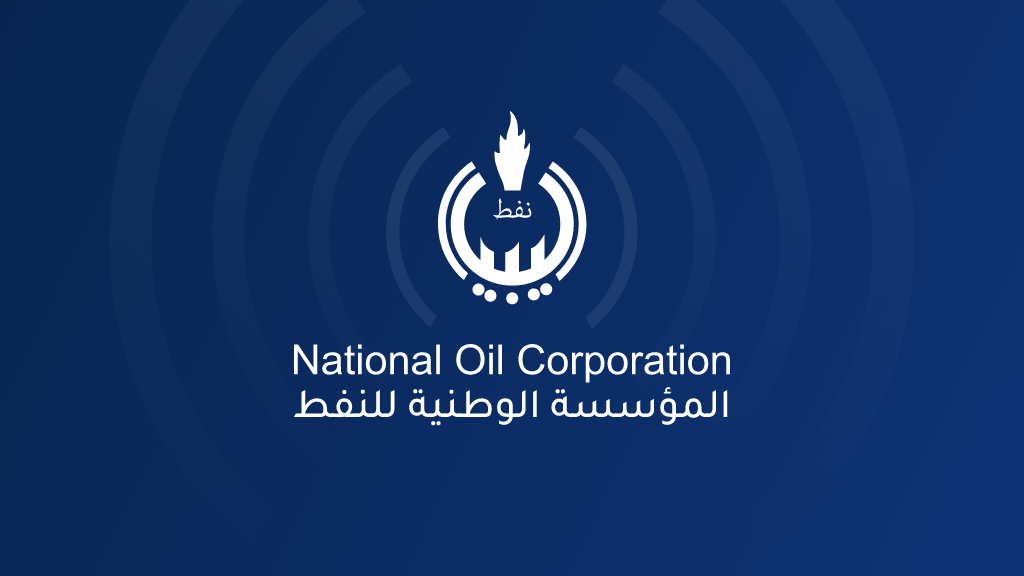News
Categories
Archive
| News
Unauthorised fuel imports are a threat to the Libyan state
On 16 March the tanker Gulf Petroleum 4 completed unloading of a cargo of aviation fuel at Benghazi port, where it had arrived on a direct journey from Sharjah in the UAE. Under Libyan law all importation of fuel must be carried out by NOC. This shipment was not authorised by NOC and was therefore illegal.
The authorities in the East of Libya have tried to justify the shipment by claiming untruthfully that NOC discriminates against people in the East by limiting the supply of fuel.
NOC has not limited supplies to the East, as data published by NOC each week in its Public Information Bulletins show. Every drop of gasoline or diesel that citizens in Benghazi, Sebha, Tobruk, Ubari, Misrata or Khoms use is ultimately supplied by NOC, either from its refineries, when they are permitted to operate, or purchased by NOC on the international market. Fuel is supplied as equitably as possible because NOC does not discriminate between Libyans.
NOC Chairman Sanalla said, “We do not want to create further division or feelings of discrimination and grievance among the people of Libya. In fact, NOC’s highest goals are to maintain the unity of Libya and to serve the interests of all Libyans. Our employees live in all parts of Libya, hold all sorts of political beliefs, and have different preferences on how Libya should be governed. But they are united on this point: Libyan oil and gas production and revenues belong to all Libyans, and should be used to the benefit of all Libyans.
“With respect to aviation fuel supplies, here are the facts: In the last twelve months the NOC has seen a huge increase in the demand for aviation fuel in the East of Libya. From 2015 to 2018 we supplied around 45,000 to 50,000 metric tonnes of aviation fuel per year to the Eastern region. In 2019 we supplied over 73, 000 tonnes, despite the fact that civil aviation traffic has reduced compared to previous years.
“The narrative claiming that certain parts of Libya are not receiving enough fuel is false and threatens the unity and integrity of the state of Libya. The Eastern authorities used exactly this false narrative to justify the split of Brega Petroleum Marketing Co’s administrations for the Eastern and Central regions from the legitimate BPMC in September last year.
“My fear is that in the contest between foreign powers we now see, Libya will be extinguished or divided as a nation.”
